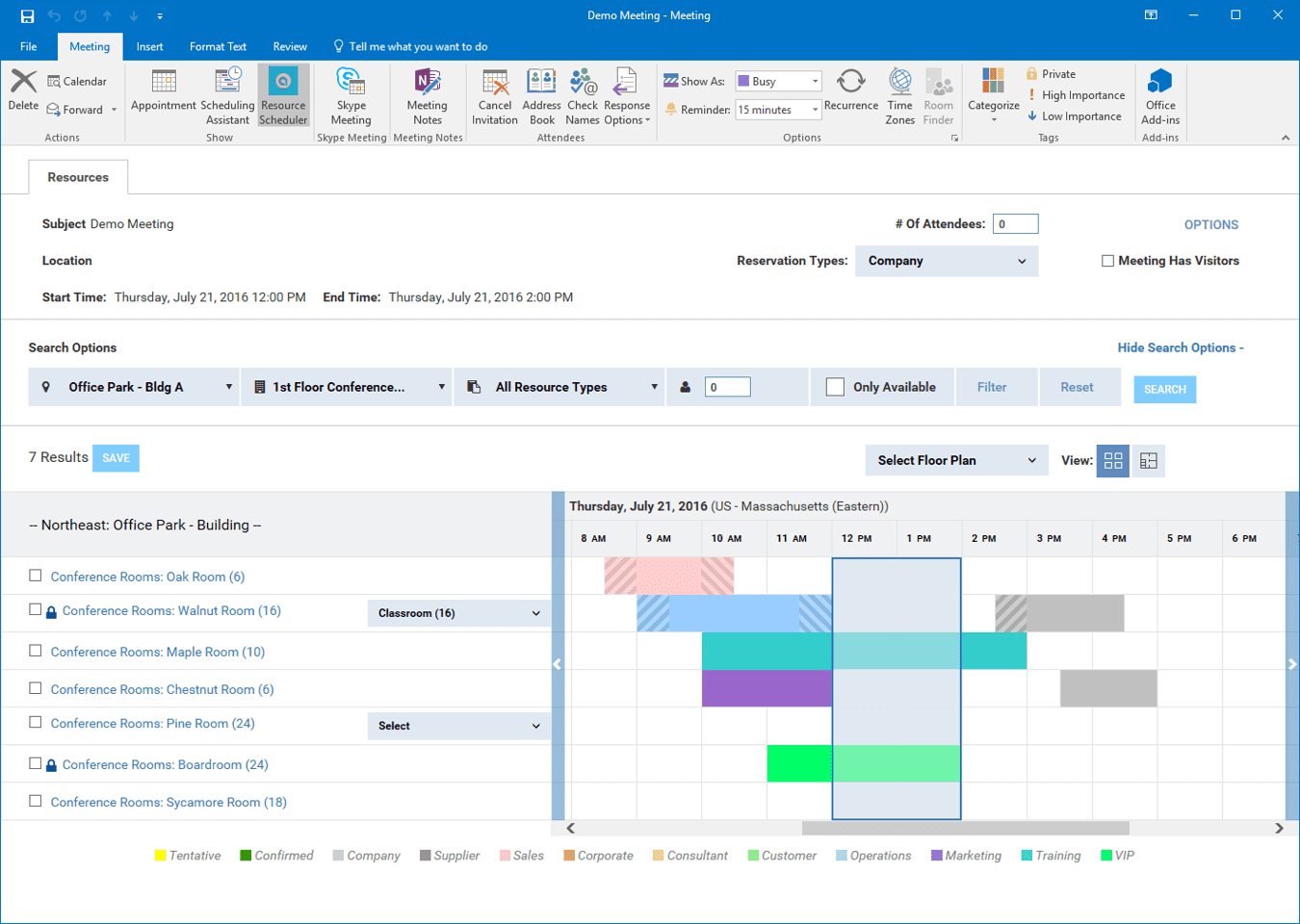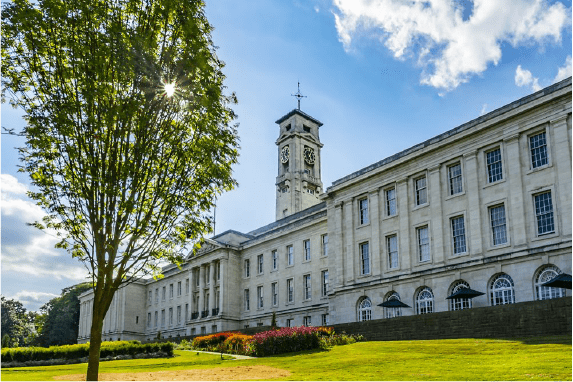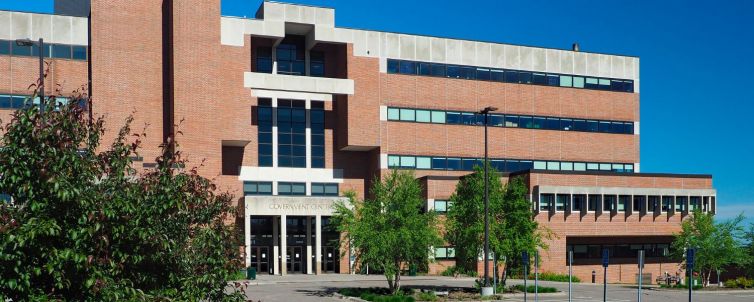Grand Canyon University
The Client
Grand Canyon University (GCU) hosts hundreds of events per year from new student orientation, to classes and daily social happenings. These events are critical to fostering a lively campus community.
The Challenge
While other universities have multiple departments that handle events across campus, GCU has a single team of just two full-time coordinators and two student workers who coordinate hundreds (sometimes dozens in a single day) of events. “We schedule everything from a two-person meeting to 7,000 people in the arena,” said Sabrina Peoples, University Event Services Campus Scheduling Supervisor for Grand Canyon University.
“We were using a scheduling system that felt like an old D.O.S., was not pretty to look at, and didn’t make it easy for people to book the resources they needed along with event space — from tables and chairs, to catering, and A/V — so people forgot if they had booked the things they were going to need for their meetings and we did a lot of things manually.”
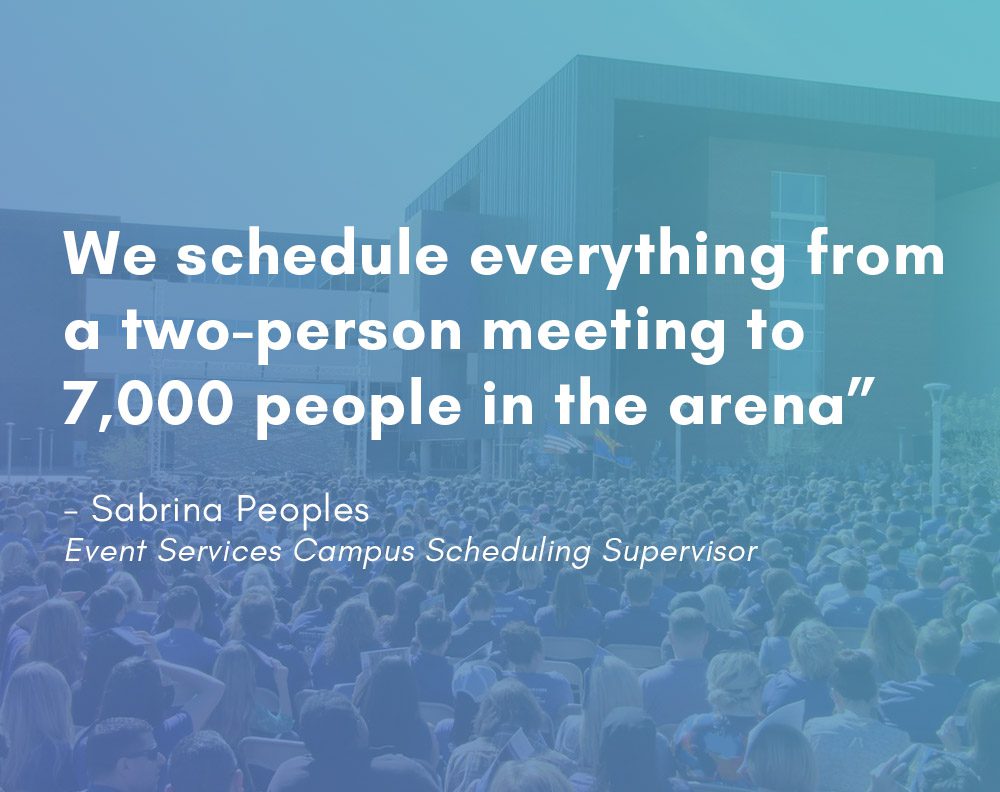
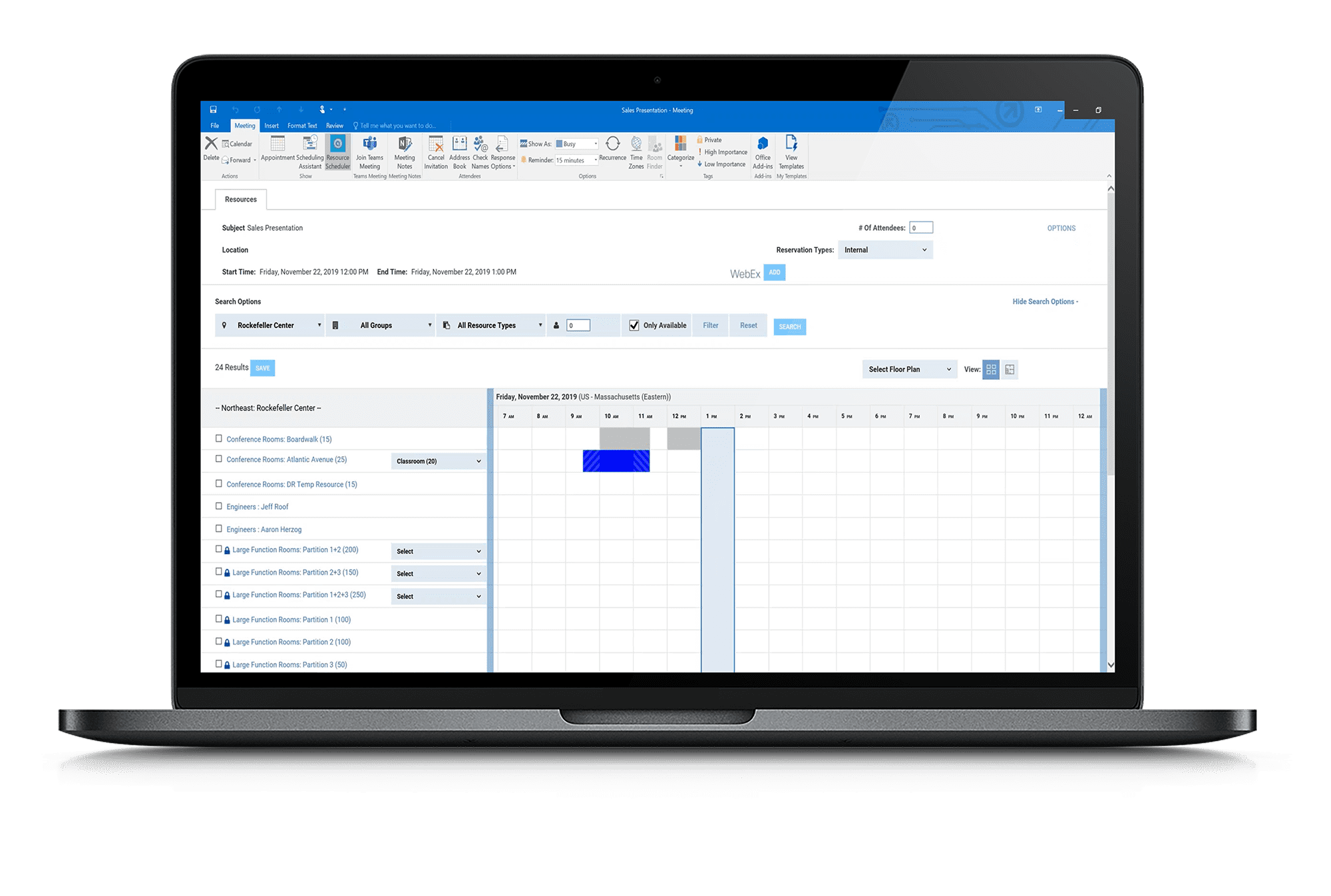
The Solution
GCU implemented FMS:Employee to improve utilization of campus space — from an outside patch of grass, to classrooms, and arenas — and to be agile and creative in order to accommodate hundreds of requests. “This solution allows us to customize our spaces so that our gym can be a volleyball court one day and a community fair later that same day,” said Peoples.
Students, faculty, and staff use the web interface or Outlook integration to locate rooms quickly and, in just a few clicks, add the equipment and resources they’ll need. The University Events Services team has a queue of reservations and can hover over each request to glance at requirements before confirming a booking. This centralized reservation system makes it easy to manage services, access facility information, monitor daily events, and make last-minute changes.
FMS:Employee is simple to use. “Our student workers handle recurring events, like our 700 study sessions, in a single day. If they are new to the team, they don’t have to know how an event was hosted last year (or 3,000 events ago…) but simply find it in the system and recreate it.” Peoples noted. “One of our team members was in the system and making appointments on her first day!”
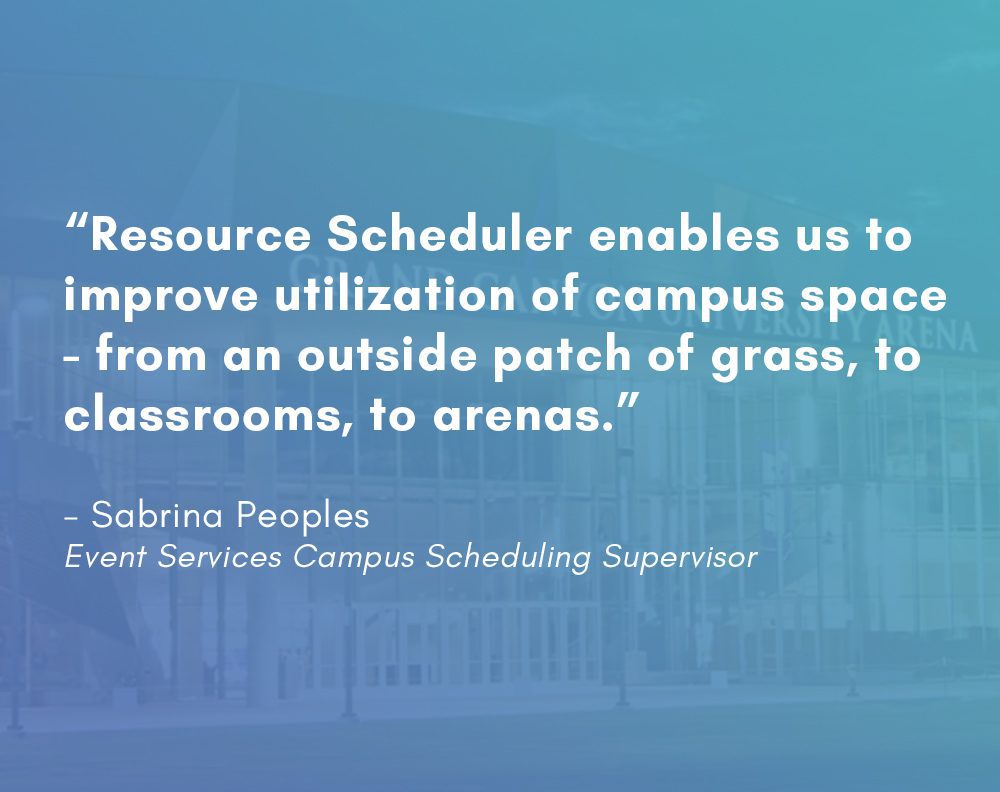
The Impact
Events help shape the campus culture and community. “We had 45 events hosted during Welcome Week along with 20,000 students moving back to campus. My team used FMS:Employee to handle intense logistics including set up, tear down, and the flipping of spaces in a matter of a few hours.” These events are important to help students meet each other, welcome them to campus, and share our school spirit,” said Peoples. “We have a large commuter population as well and we strive to make logistics simple so they’ll be encouraged to host events and use our amenities.”
What’s Next
Utilization data is shared every Monday with campus teams across GCU including security, colleges, grounds people, and athletics. These insights are helping inform strategic decisions including the addition of a new building on campus. “I was able to let the committee know our lecture halls are used 97 percent of the time during the hours of 7 a.m. and 6 p.m.,” Peoples reported.
We just built a new activity center with 10 basketball courts, an outdoor hockey rink, skate park and workout facilities. Use of the API will enable us to feed data to our “GCU Engage” mobile app so students can look at what space is open in the new center, and book it once they’re there. We also use the API feed to bring the university’s master class schedule into FMS:Employee and understand exactly why, how, and when space is occupied.
Finally, we have plans to create a new webpage featuring calendars of events across campus in order to increase transparency, and make it easier for more people to participate in the campus culture.
